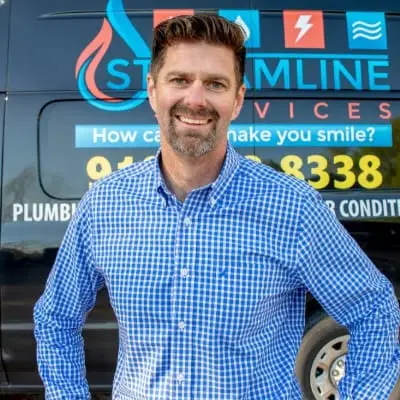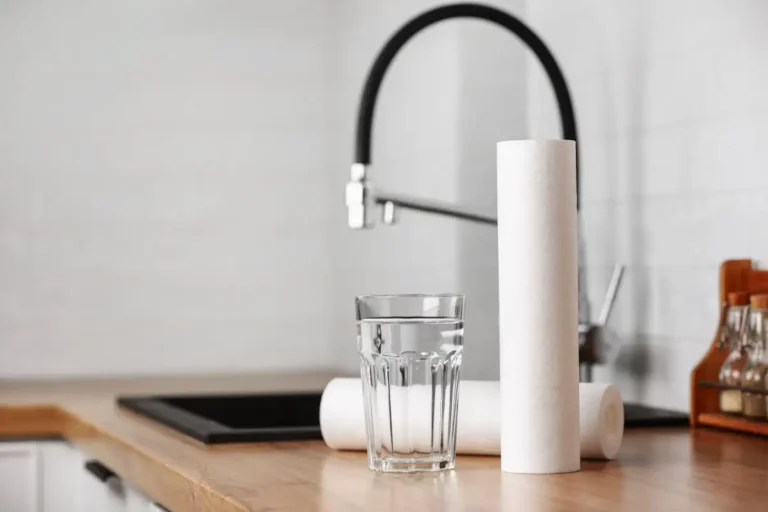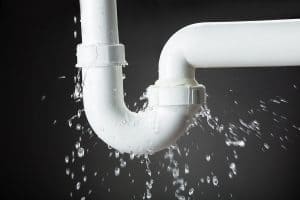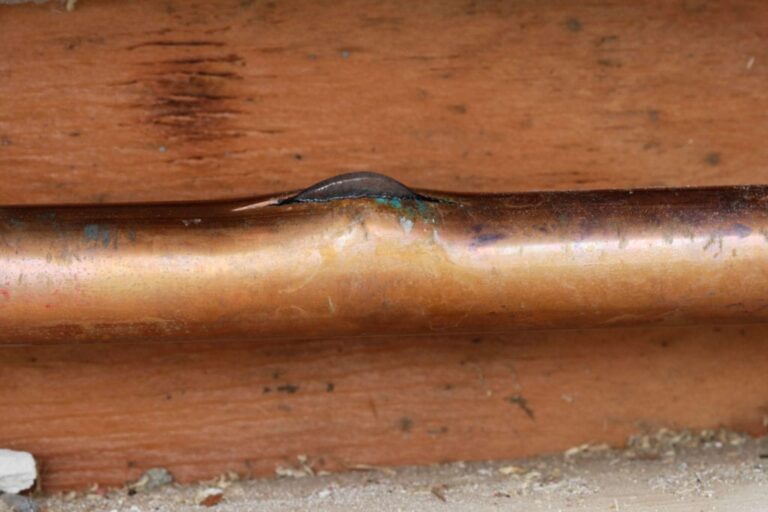Plumbing Maintenance and Prevention Tips: A Comprehensive Guide for Raleigh Homeowners
Key Takeaways
Immediate Water Shutoff
Locating your main water valve before emergencies occur saves precious minutes.
Standing Water Removal
Every minute counts when water spreads through your Raleigh home.
NC Temperature Fluctuations
Freeze-thaw cycles put unique stress on plumbing systems.
Professional Assessment
Water travels through walls and under floors where homeowners cannot see.
Insurance Documentation
Proper photos and records expedite the claims process with your insurance provider.
Understanding Burst Pipe Emergencies in Raleigh
Why Pipes Burst in the Triangle Region
Raleigh’s climate presents unique challenges for residential plumbing systems. Our winters bring sudden temperature drops that cause water in pipes to freeze and expand. When temperatures rise quickly, pipes experience thermal stress that leads to ruptures. Additionally, our clay-heavy soil shifts during wet and dry periods, putting pressure on underground supply lines.
Homes built before 1980 often contain galvanized steel pipes that corrode over time. These aging systems become particularly vulnerable during Raleigh’s humid summers and cold snaps that occur from December through February.
Immediate Steps to Take
🚰 Step 1: Shut Off the Water Supply
Locate your main water shutoff valve immediately. Most Raleigh homes have this valve near the street or where the main line enters your house.
Turn it clockwise to stop water flow completely and prevent further damage from spreading.
📸 Step 2: Document the Damage
Take photos and videos of all affected areas before moving items or cleaning up.
Insurance companies require detailed documentation to process claims efficiently.
🧽 Step 3: Remove Standing Water
Use mops, towels, or a wet vacuum to remove water from floors.
Focus on hardwood, laminate, and carpeted areas first, as these materials suffer permanent damage quickly.
📦 Step 4: Move Belongings to Safety
Relocate furniture, electronics, and personal items to dry areas immediately.
Elevate remaining items on blocks or furniture pads to prevent additional water absorption.
Professional Water Damage Assessment
Hidden water damage poses the greatest threat to Raleigh homeowners. Water travels through wall cavities, under flooring, and into insulation where it promotes mold growth and structural deterioration.
The North Carolina Department of Insurance provides guidelines for documenting water damage claims. Following their recommendations ensures your insurance company processes claims without delays.
Prevention Strategies for Triangle Homeowners
Insulate Exposed Pipes Pipes in crawl spaces, garages, and exterior walls need proper insulation. Foam pipe sleeves provide inexpensive protection against freezing temperatures common in our area.
Maintain Consistent Temperatures Keep your thermostat at 55°F or higher during winter months, even when traveling. Open cabinet doors under sinks to allow warm air circulation around pipes.
Schedule Annual Inspections Professional plumbing inspections identify weak spots before they become emergencies.
When to Call Emergency Services
Contact professional plumbers immediately if you cannot locate the water shutoff valve, if water affects electrical systems, or if you suspect sewage contamination. These situations require specialized equipment and expertise that homeowners cannot safely handle alone.
Emergency water damage spreads rapidly through Raleigh’s typical home construction. Brick veneer homes with crawl spaces allow water to travel extensively before homeowners notice problems.
Frequently Asked Questions
🔍 How often should I inspect my plumbing system?
Homeowners should perform monthly visual inspections of visible pipes and fixtures, checking for leaks, corrosion, and proper operation.
🧰 What are the most important plumbing maintenance tasks for Raleigh homeowners?
Raleigh homeowners should prioritize monthly drain cleaning, seasonal pipe insulation for freeze protection, annual water heater maintenance, and regular fixture inspections to prevent costly repairs.
📞 When should I call a professional plumber?
Professional service is recommended for annual inspections, water heater maintenance, complex repairs, and any situation involving gas lines or electrical components.
❄️ How can I prevent frozen pipes in Raleigh winters?
Insulate exposed pipes, disconnect outdoor hoses, allow faucets to drip during freezing weather, and maintain adequate heating in areas with plumbing.
🔥 What are signs that my water heater needs maintenance?
Signs include inconsistent water temperature, strange noises, rusty water, higher energy bills, and water pooling around the unit base.
💧 How do I know if my home has a water leak?
Monitor your water meter when no water is being used, check for unexplained increases in water bills, and look for wet spots or water stains around fixtures.
🚫 What should I avoid putting down my drains?
Avoid grease, oil, food scraps, hair, soap scum, and harsh chemical cleaners that can damage pipes or create blockages.
📆 How long do different plumbing components typically last?
Faucets last 10–15 years, toilets 15–20 years, water heaters 8–12 years, and supply lines 20–70 years depending on material and maintenance.
Get Expert Advice
Founded in 2001, Streamline Services specializes in plumbing, electrical, heating, and cooling solutions across the Triangle region, including Raleigh, Durham, and Chapel Hill. Under Bob’s leadership, the company has built a reputation for reliability, professionalism, and community engagement.

Written by
Bob Sweet
Bob Sweet is the President and Owner of Streamline Services, a fifth-generation, family-owned company based in Durham, North Carolina. Founded in 2001, Streamline Services specializes in plumbing, electrical, heating, and cooling solutions across the Triangle region, including Raleigh, Durham, and Chapel Hill. Under Bob’s leadership, the company has built a reputation for reliability, professionalism, and community engagement. As a licensed contractor, Bob holds North Carolina plumbing license #23908 ensuring that Streamline Services meets the highest industry standards.





